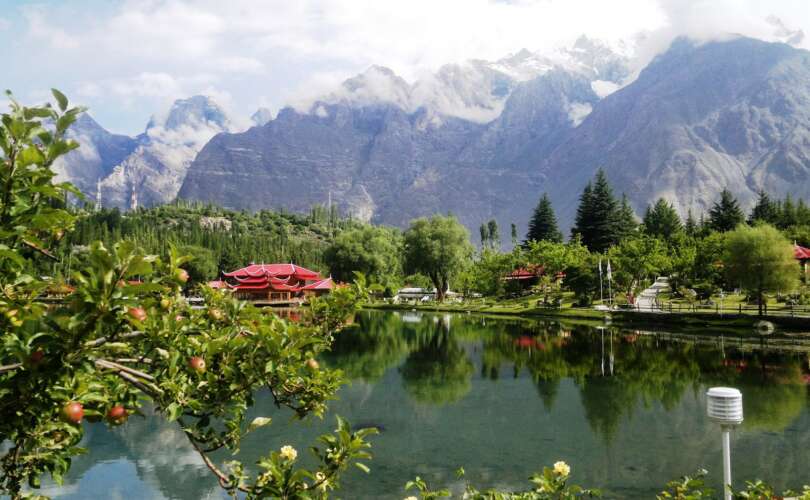
Pakistan is a country with immense potential for tourism due to its diverse landscape, rich history, and cultural heritage. However, despite this potential, tourism in Pakistan remains largely untapped, and the sector’s contribution to the economy remains minimal. In this blog, we will explore how Pakistan can boost its economy by focusing on tourism and examine the facts and figures that support this argument.
Tourism Potential in Pakistan
Pakistan is blessed with a diverse landscape, ranging from the majestic Himalayan Mountains in the north to the beautiful beaches in the south. The country also has a rich cultural heritage, with numerous historical sites, including the ancient Indus Valley Civilization, Mughal-era forts, and British colonial architecture. Additionally, Pakistan is home to several world-famous trekking destinations, such as K2 and Nanga Parbat, and it is a popular destination for adventure tourism.
Despite having all these attractions, Pakistan’s tourism industry remains largely untapped, and it contributes only 2.8% to the country’s GDP. However, Pakistan’s tourism industry has the potential to grow significantly, as indicated by the World Travel and Tourism Council’s (WTTC) report. The report states that the tourism industry’s contribution to Pakistan’s GDP could rise to 7.2% by 2025, generating approximately 1.7 million jobs.
Benefits of Tourism for Pakistan’s Economy
Tourism has numerous benefits for a country’s economy, including job creation, foreign exchange earnings, and infrastructure development. The tourism industry can create jobs across different sectors, such as hospitality, transportation, and retail. According to the WTTC report, the tourism industry in Pakistan could create approximately 1.7 million jobs by 2025.
Tourism also has the potential to generate significant foreign exchange earnings. Pakistan’s current account deficit stands at $1.8 billion, and the tourism industry can help bridge this gap. The WTTC report states that the tourism industry’s contribution to Pakistan’s foreign exchange earnings could increase from $9.3 billion in 2016 to $27 billion by 2025.
Moreover, the development of tourism infrastructure can also benefit other sectors of the economy, such as construction, transportation, and manufacturing. Developing the necessary infrastructure, such as airports, highways, and hotels, can create jobs and boost economic activity.
Challenges to Tourism Development in Pakistan
Pakistan faces several challenges in developing its tourism industry, including security concerns, inadequate infrastructure, and a lack of promotion. Security concerns have been a significant hindrance to tourism development in Pakistan, with the country being perceived as unsafe due to terrorism and political instability.
Furthermore, inadequate infrastructure, such as poor road networks, lack of public transportation, and a shortage of hotels and restaurants, has limited the country’s tourism potential. Lastly, Pakistan’s tourism industry lacks promotion and marketing, which has led to a lack of awareness about the country’s tourism potential.
Tourism has the potential to be a game-changer for Pakistan’s economy, with the industry’s contribution to the GDP expected to rise significantly in the coming years. However, the country must address the challenges facing its tourism industry, such as security concerns, inadequate infrastructure, and a lack of promotion, to realize this potential fully.
Pakistan has a rich culture, breathtaking natural beauty, and a warm and welcoming people. With the right investment and support, Pakistan’s tourism industry can help create jobs, generate foreign exchange earnings, and boost economic activity, ultimately contributing to the country’s development.
In conclusion, if Pakistan focuses on tourism, it can be a game-changer for its economy, providing numerous benefits and helping the country realize its true potential.



